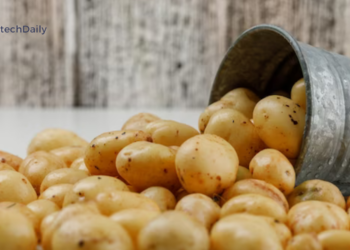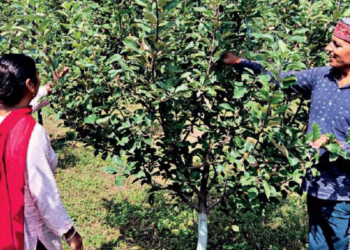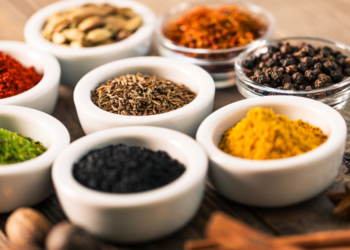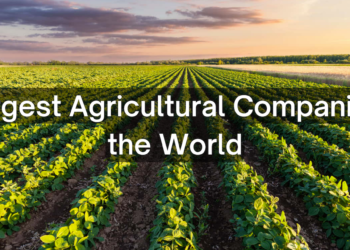TAD NewsDesk, New Delhi: Industries have noted that the prices of foodgrains like pulses, grains and edible oils are to come down soon due to a good harvest season. The prices will come down to an amount of 10-15% to the customer’s relief.
Retail food inflation fell to a single figure of 9.43% in November from 11% in October.
Food grain prices have started to soften and the agriculture experts expect the same to happen to other crops as well with the arrival of new crops.
Angshu Mallick deputy chief executive of Adani Wilmar which sells edible oil, wheat flour and rice said,
“Mustard oil prices till January will hold at present levels and then come down by 10% to Rs 105- 107 per litre in wholesale. Wheat prices in Indore market are already 10% to 15% less as against January last year at Rs 17.5 per kg while that of local sona masuri rice is also lower by 5% to 7% at Rs 29- 30 a kg as compared to last year during the same time.”
Government is buying foodgrains like rice and wheat and the warehouses are full with the stock of both the items. One food ministry official said,
“Stocks of wheat and rice and wheat is over 70 million tonnes, which is more than the buffer norms as on October 1. Since then , Food Corporation of India has procured 49.5 million tonnes of paddy till Jnuary 1.”
Narendra Singh Tomar, Agriculture Minister told PTI news agency that rabi food grain production this year will surpass the earlier year’s production output of 153.27 million tonnes.
Moderate rains in the last couple of days have also increased the case for the wheat to have a good harvest.
Anuj Gupta, deputy vice-president of commodity research at Angel Booking said,
” Conducive weather conditions and increase in rabi acreage will put pressure on prices. In fact, prices of certain commodities like chana , mustard and wheat has started coming down and we expect the trend to continue till March when the arrivals are at its peak.”
Moreover, as per the latest data records, crop area of oil seeds and pulses have gone up by 6.16% and 4.6% respectively over last year. So, there is already a better output in these food commodities compared to last year.
S K Malhotra, agriculture commissioner said,
“After being surplus in rice and wheat production , our focus is on becoming self- sufficient in oilseeds and pulses.”
The consumers will be happy to lean on and buy these essential commodities at a price lesser than the inflation rate and a good harvest has ensured that the prices along with wheat and rice will come down on other products as well.
Source: The Economic Tiimes













